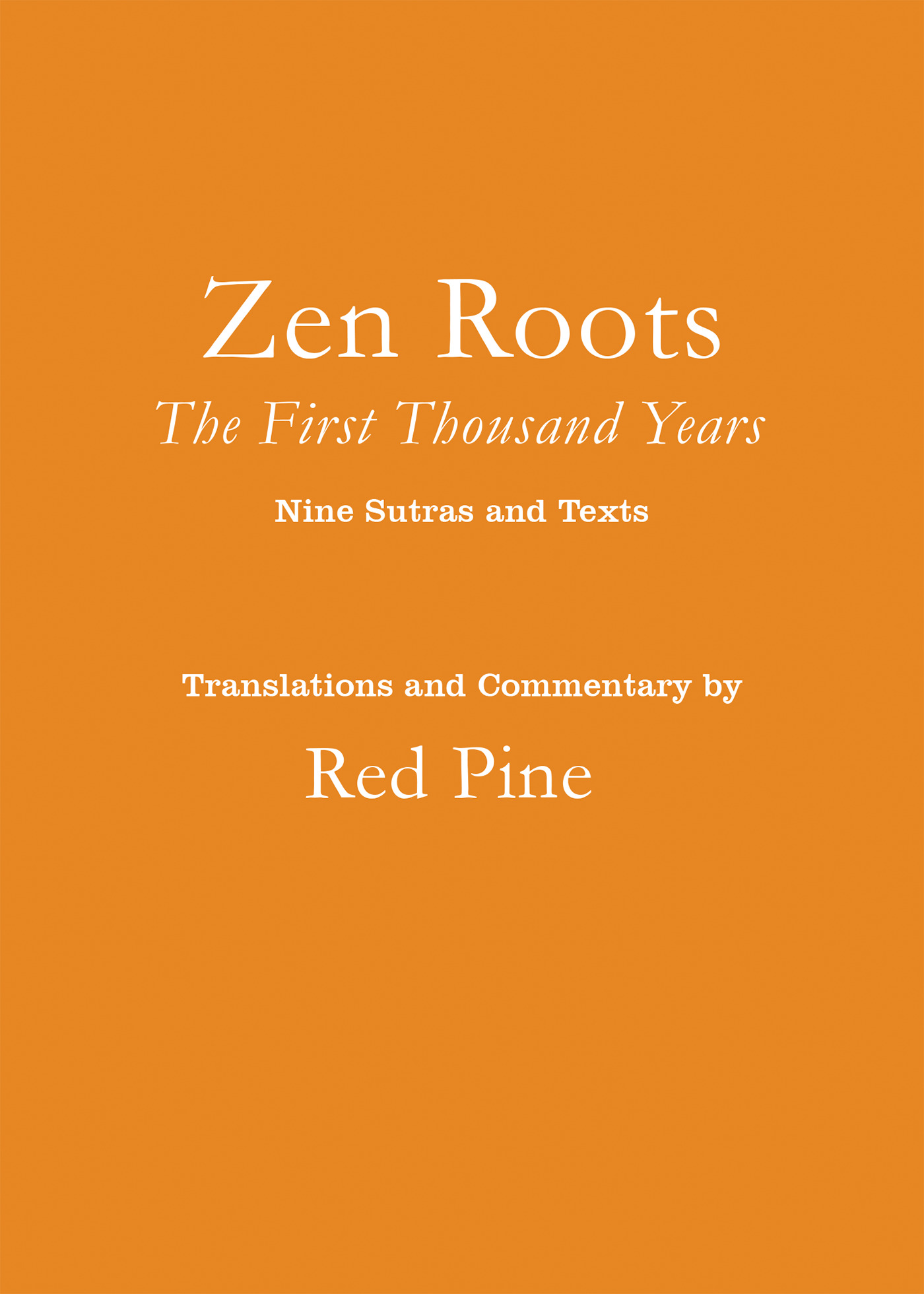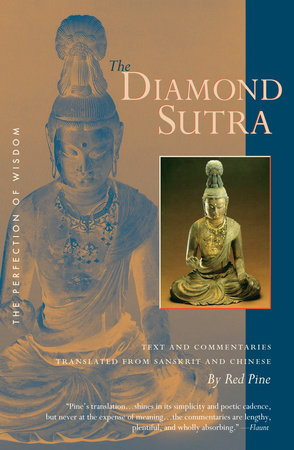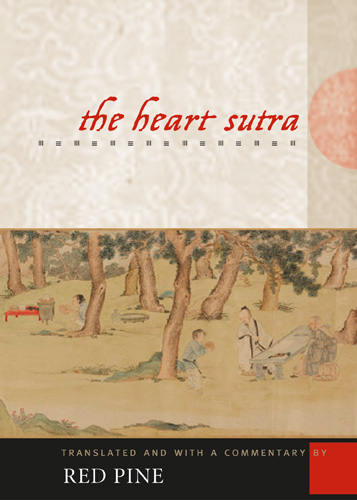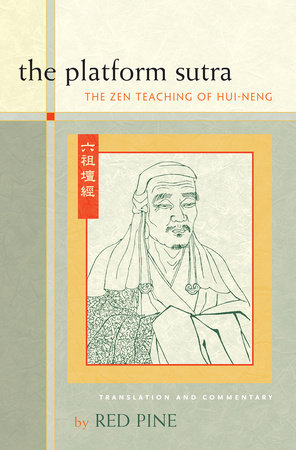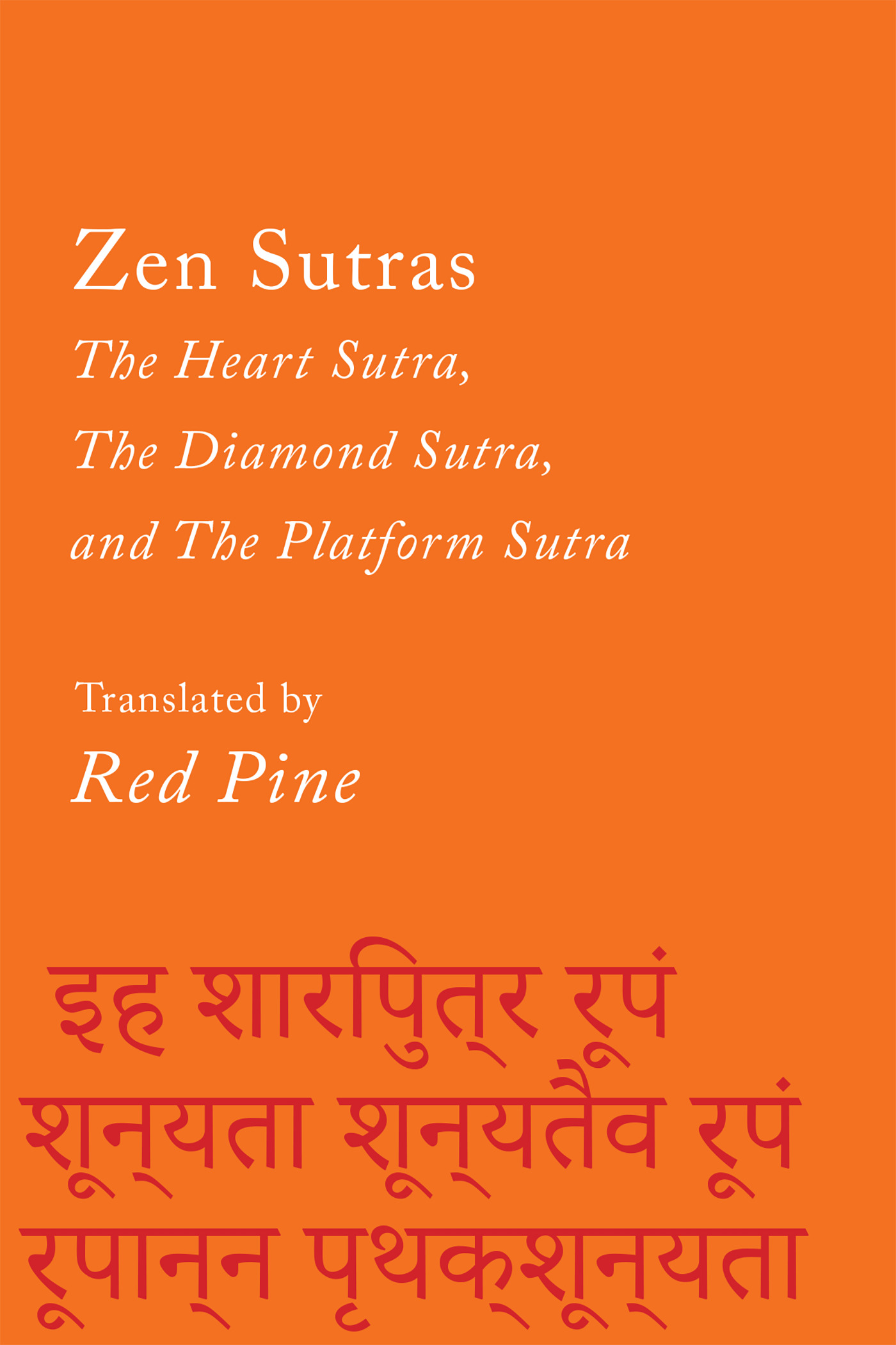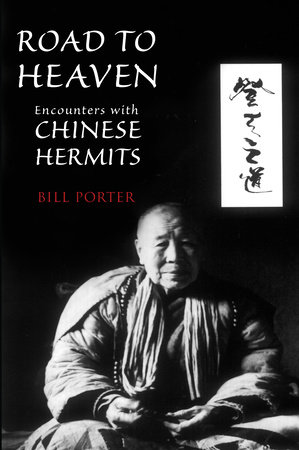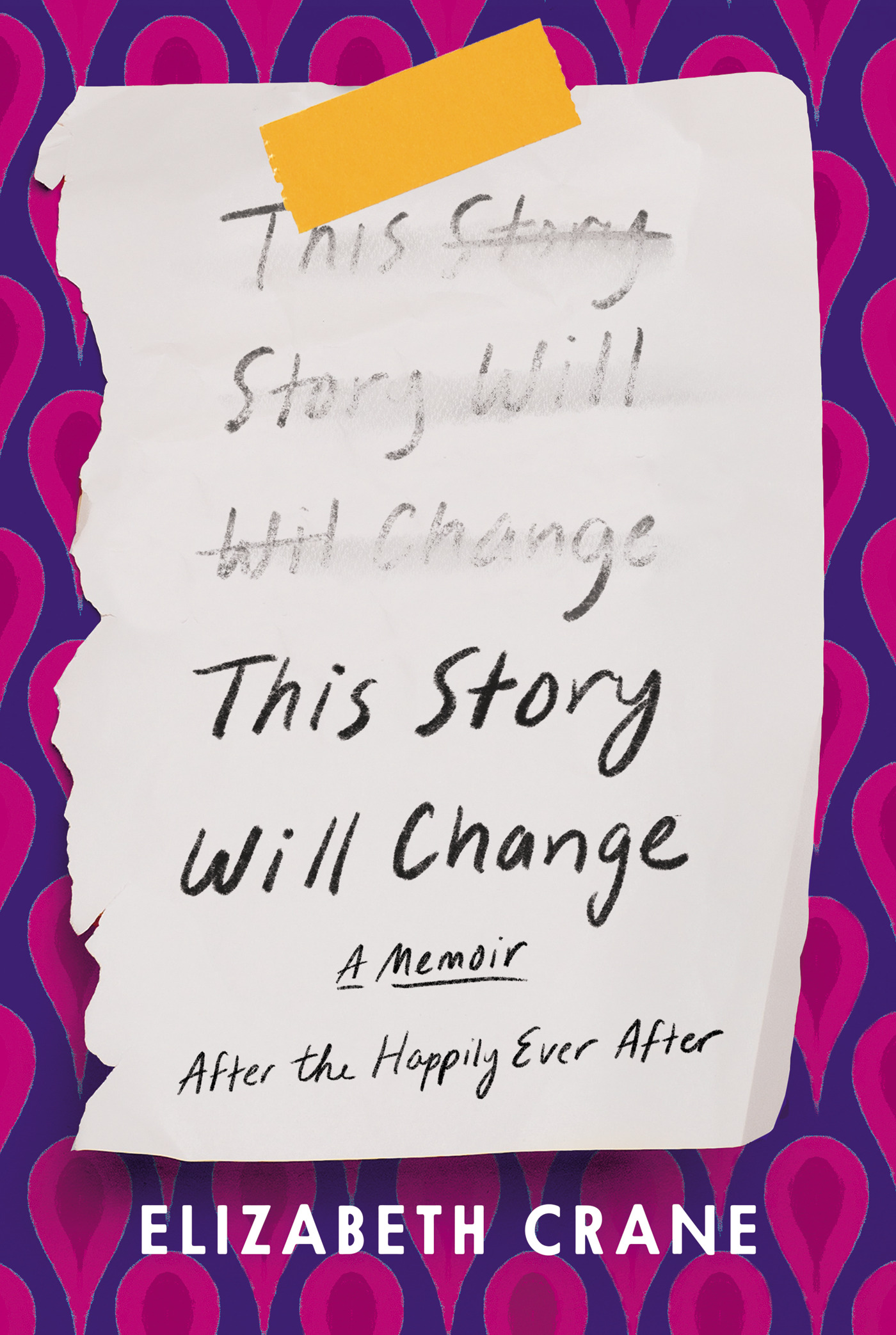Book Description
A lively and plainspoken translation of the Buddhist sutra known as the ‘holy grail of Zen’—with “plentiful notes, explanations, and study questions” (Library Journal)
The first English translation of the original text used by Bodhidharma—the source upon which all Chinese Zen masters have relied ever since
Having translated The Diamond Sutra and The Heart Sutra, and following with The Platform Sutra, Red Pine now turns his attention to perhaps the greatest Sutra of all. The Lankavatara Sutra is the holy grail of Zen. Zen’s First Patriarch, Bodhidharma, gave a copy of this text to his successor, Hui–k’o, and told him everything he needed to know was in this book. Passed down from teacher to student ever since, this is the only Zen sutra ever spoken by the Buddha. Although it covers all the major teachings of Mahayana Buddhism, it contains but two teachings, which Chinese Zen Masters came to know as “have a cup of tea” and “taste the tea.”
• Everything we perceive as being real is nothing but the perceptions of our own mind
• The knowledge of this is something that must be realized and experienced for oneself and cannot be expressed in words.
In addition to presenting one of the most difficult of all Buddhist texts in clear English, Red Pine has also added summaries, explanations and notes, including relevant Sanskrit terms on the basis of which the Chinese translation was made. This promises to become an essential text for anyone seeking to deepen their understanding or knowledge of Zen.
Praise For This Book
Praise for The Lankavatara SutraWinner of the 2018 Thornton Wilder Prize for Translation
"Buddhism can be daunting to the casual Western reader—daunting in its antiquity, the strangeness and profusion of its names, and the complexity of some of its concepts . . . Red Pine eases the path to the Lankavatara Sutra with plentiful notes, explanations, and study questions, as well as his plainspoken translation. Through his work, seekers may get closer to the notions of perception and experience of perception the sutra teaches." —Library Journal








